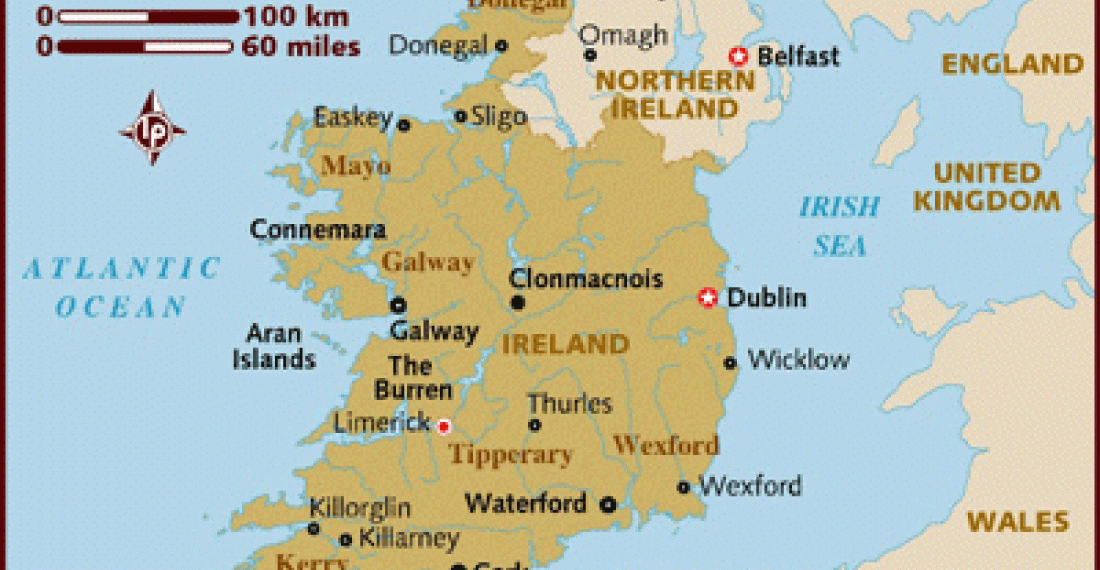Ситуация сегодня в Нагорном Карабахе подобна той, которая была в Северной Ирландии в 20-ые годы, заявил в беседе с корреспондентом АрмИнфо международный эксперт по конфликтологии (Северная Ирландия) Клем Маккартни.
По его словам, в 1920 годы было принужденное урегулирование конфликта, когда Северная Ирландия стала частью Великобритании, а не той территории, к которой исконно принадлежала. Часть населения чувствовала свою связь с Соединенным Королевством и считала, что принадлежит к этому государству. \"В 1990 годы армянам в Карабахе удалось применить решение наподобие того, что было в Северной Ирландии. И теперь они стремятся сохранить тот расклад, который сложился тогда, наподобие того, как в 30-ые, 40-ые, 50-ые годы североирландская община стремилась сохранить то, чего добилfсь в 20-ые годы\", - отметил эксперт.
Он указал на то обстоятельство, что в Нагорном Карабахе нет существенного азербайджанского населения, но оно все равно существует. \"Вопрос в том, на каких принципах работает население Нагорного Карабаха. При поддержке Армении пытается держаться того, что уже отвоевано или мы пытаемся найти способ сосуществования с людьми, которые никуда не денутся. Можем ли мы найти решение, которое удовлетворит обе стороны? Мы можем в принципе найти такое решение, которое удовлетворит большую часть людей\", - отметил МакКартни. Он добавил, что в Северной Ирландии в данный момент отказались от идеи вступления в Ирландскую республику, но в принципе эта возможность открыта, и можно представить, что в будущем это может произойти. \"Протестанты не имеют абсолютного представления о том, чего они хотят, у них нет долгосрочных желаний. То, что ситуация остается открытой на долгосрочный период, позволяет людям работать в краткосрочном и среднесрочном масштабе. Предложения, которые рассматривались в отношении Нагорного Карабаха в Азербайджане и в Армении, можно сравнить с ситуацией здесь. Они пытаются защитить людей в настоящий момент, но также оставить какие-то возможности на будущее. В идеальном варианте было бы хорошо, чтобы этого работало\", - подчеркнул Клем Маккартни.
По его убеждению, конфликт в Северной Ирландии может служить примером для решения каждого конфликта - легко думать о решении проблем, но как преодолеть все проблемы, которые внутри каждого решения. \"Решение, к которому мы пришли в настоящий момент существовало в течение последних 30 лет. Сторонам нужно было время для подготовки. Время очень важно. Важно проводить внутренние обсуждения. У вас сложилась ситуация, которая могла бы вас удовлетворить. Но люди не готовы к этому. Вопрос тут в том, чтобы подождать пока наступит время, пока люди будут готовы\", - отметил эксперт.







